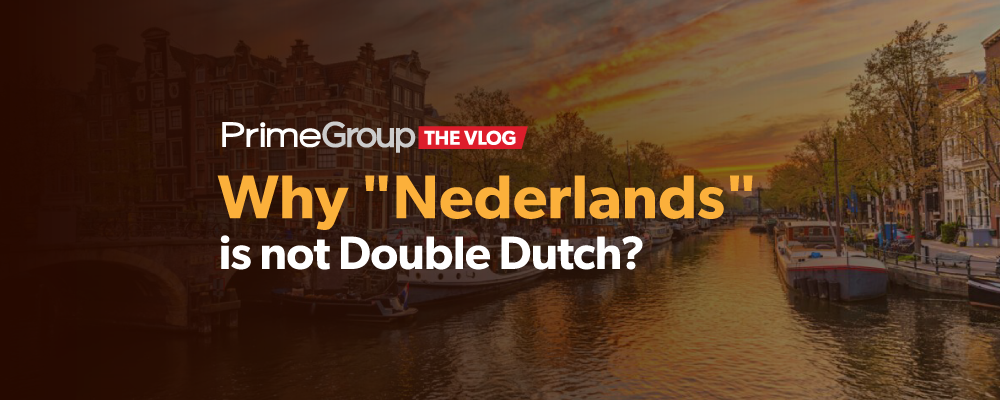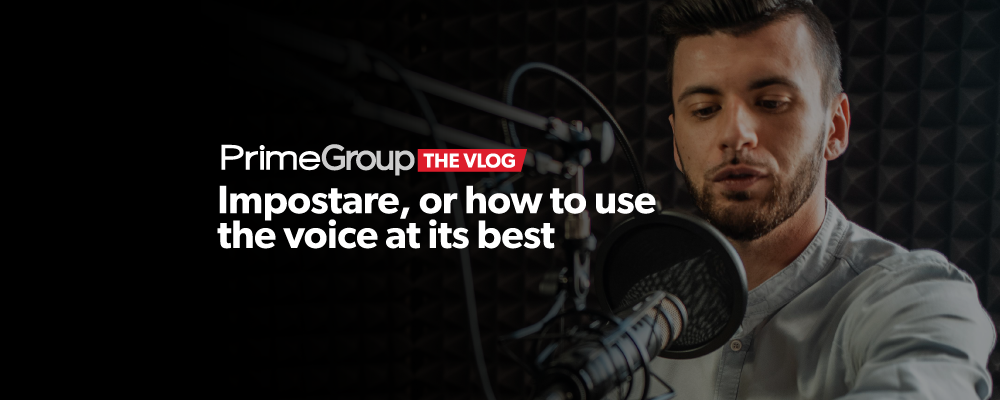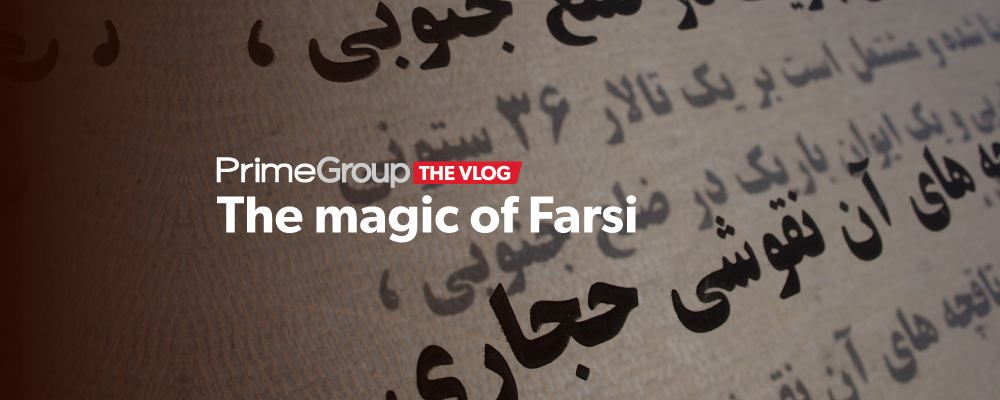Dutch, natively known as “Nederlands,” is a language born amongst the inhabitants of a swampy river delta where the Rhine, Meuse, and Scheldt rivers meet before flowing into the North Sea. Initially a Germanic dialect from Plat Deutsch, it gradually evolved to become the official language of The Netherlands, also known as Holland, and the Flemish part of Belgium. But let’s dive deeper into this language from Northwestern Europe.
First of all let’s explain where the word Dutch comes from. It seems that it originated in the Middle Ages from the protogermanic word “diutisc”, which meant “common people” as opposed to the nobility and the clergy. That word evolved into “Dutch” in English, while in German it became “Deutsch”, referring to Germans and the German language. The differentiation occurred due to the historical interactions and distinctions between England, the Holy Roman Empire, which was the base of the future Germany, and the emerging Dutch Republic of the so called United Provinces.
Anyway, today many use the term ‘Dutch’ to describe the language, but a more accurate term should be ‘Nederlands.’ That’s because ‘Dutch’ technically refers to the language spoken in the Netherlands, named after the North and South Holland provinces. In Belgium, they speak Flemish, a variant of Dutch but with softer sounds and more classic expressions. So, Dutch and Flemish are two versions of Nederlands.
Let’s explore the origins of the Dutch language.
Origins and Evolution
Going back to the proto-Germanic era, English, German, and Dutch were almost linguistic triplets. Over time, as English moved west and German centered, Dutch found its place by the Rhine river delta. To explain the close connection between the three languages, take this example. The word for ‘house’ is ‘House’ in English, ‘Hause’ in German, and ‘Huis’ in Dutch.
Linguistic Influences
No language exists in isolation. Dutch, with its strategic location, has been influenced by others. The Netherlands and Belgium have always been trade-focused, hence open to influences. For example, the Dutch word “kantoor” (office) is reminiscent of French’s “bureau” and Spanish’s “contador” or accountant.
Talking about Spanish, during the 16th and 17th centuries, what was known as the United Provinces and the southern regions of Flanders and Brabant were under Spanish rule. Despite being a period of conflict during the so-called 80 years war, it was also a time of cultural exchange. Words like “bodega” (warehouse or wine cellar) and “don” (lord or noble) made their way into Dutch.
Yet, Dutch has preserved its unique identity. The word “gezellig,” for example, has no exact translation in English but signifies a cozy, pleasant atmosphere.
Speakers and Global Impact:
Dutch is spoken by roughly 24 million people. 17 million in the Netherlands and 6 millions in Flanders, the rest in the former colonies of the Netherlands and also the Dutch diaspora. It’s the official language in Suriname, the former Dutch Guiana. Suriname also speaks Sran Tongo, a blend of English and Dutch with traces of Spanish, Portuguese, and West African languages. Dutch is spoken in the Dutch Antilles too: Aruba, Curaçao, and Bonaire. The Dutch once ruled Indonesia, but their linguistic footprint there was minimal. Instead, Indonesia left a lasting impact on Dutch culture, especially cuisine.
An interesting note: Afrikaans in South Africa originated from Dutch, brought by Dutch farmers in the late 17th century.
Modern Dutch: A Mix of Tradition and Modernity
Today, Dutch has embraced globalization. With a highly educated population, the Netherlands and Belgium have rapidly adopted global technology and culture. Almost all Dutch and Flemish Belgians speak English, many understand German, and some can converse in French. Having lived there for a while, I was also amazed by how many people could speak Spanish. The Dutch are incredibly multilingual. However, anyone living in Dutch cities must speak Dutch; otherwise, they’ll always feel like outsiders.
Hartelijk bedankt dat je tot het einde bij me bent gebleven. Als je, van deze video hebt genoten, geef dan een duim omhoog en abonneer je op ons kanaal bij Prime Group.
Tot ziens!



